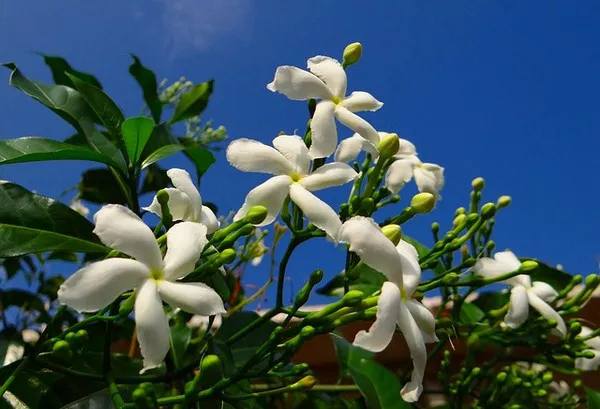The potential for fruitful collaboration between the Netherlands and Kentucky is on the horizon, thanks to a recent delegation from Dutch educational institutions, including HAS Green Academy, InHolland, and Yuverta, enabled by the ‘Groenpact Versnellingsprogramma Internationalisering’ (Internationalisation Acceleration Programme). This initiative aims to accelerate cooperation between the two regions, particularly in the realm of education.
Kentucky, a state grappling with high unemployment rates and significant health challenges, made a bold move to transition from tobacco production to horticulture. The goal was to cultivate locally produced, healthy food as a means of rejuvenating the state’s economy and addressing health issues. The government provided tunnel greenhouses to farmers for vegetable production, but it became evident that entrepreneurs lacked the requisite knowledge and skills to thrive in this new sector. What was needed was a collaborative ecosystem encompassing education, businesses, and government support—a domain where the Netherlands excels. In 2020, a robust cooperation agreement was inked between 17 entities from Kentucky and the Netherlands under the banner “Let’s grow together.”
Marjo Baeten, the program manager of HAS International Projects and a key figure in the Dutch delegation to Kentucky, emphasized the necessity of a physical presence to kickstart this collaboration. “Beforehand, there were online conversations to gauge needs,” Marjo stated, “But I knew: if we want to set something in motion, we have to go there.” The universities in Kentucky expressed an urgent need for knowledge and sought to establish a comprehensive horticultural cluster. Dutch educational institutions had much to offer in this regard. “We were, therefore, welcomed with open arms, met with educators, visited universities and businesses, and even had the opportunity to participate in curriculum development. However, securing funding for these initiatives remains a challenge.”
The ‘Groenpact Versnellingsprogramma Internationalisering’ plays a crucial role in advancing international cooperation and knowledge sharing in education, research, and innovation. Educational institutions can obtain vouchers worth €15,000 per school year to expedite international initiatives. These funds enable educational institutions to explore opportunities abroad and establish vital contacts.
Sustainable cultivation methods are of particular interest in Kentucky, offering opportunities for Dutch greenhouse producers to secure significant orders. Greenhouse cultivation is touted as more sustainable, requiring minimal water, nutrients, and pesticides to yield substantial crops. Nonetheless, this approach demands specialized knowledge and skills, making education and training essential for entrepreneurs. While greenhouse cultivation offers sustainability benefits, open-field and tunnel greenhouse cultivation methods also yield excellent results with less investment required.
However, significant challenges lie ahead. Differences in educational systems, visa requirements, funding sources, and varying levels of education institutions in the United States must be addressed. The concept of knowledge sharing and collaboration between education, businesses, and government in the Netherlands differs substantially from the U.S., necessitating a comprehensive strategy to overcome these obstacles.
Despite the hurdles, the visit to Kentucky successfully identified the specific needs of both business and education sectors and outlined the steps required to foster collaboration. Plans are in motion to initiate student exchanges, internships with research projects, and teacher exchanges. These endeavors aim to bridge the gap between the Dutch and American systems, ensuring a bright future for collaborative horticultural efforts between the Netherlands and Kentucky.


